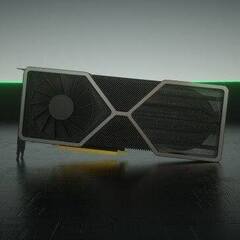Dell PowerEdge r720 doesn't detect my SSDs
-
Topics
-
Pandoroo ·
Posted in CPUs, Motherboards, and Memory0 -
2
-
7
-
remo233 ·
Posted in CPUs, Motherboards, and Memory4 -
RTX 3090 ·
Posted in Programs, Apps and Websites1 -
7
-
8
-
porina ·
Posted in New Builds and Planning22 -
Rothinsky ·
Posted in Troubleshooting2 -
skayqz ·
Posted in Graphics Cards7
-

.jpg.5cc14cacf0bfa9d58de316927a37ec08.jpg)














Create an account or sign in to comment
You need to be a member in order to leave a comment
Create an account
Sign up for a new account in our community. It's easy!
Register a new accountSign in
Already have an account? Sign in here.
Sign In Now